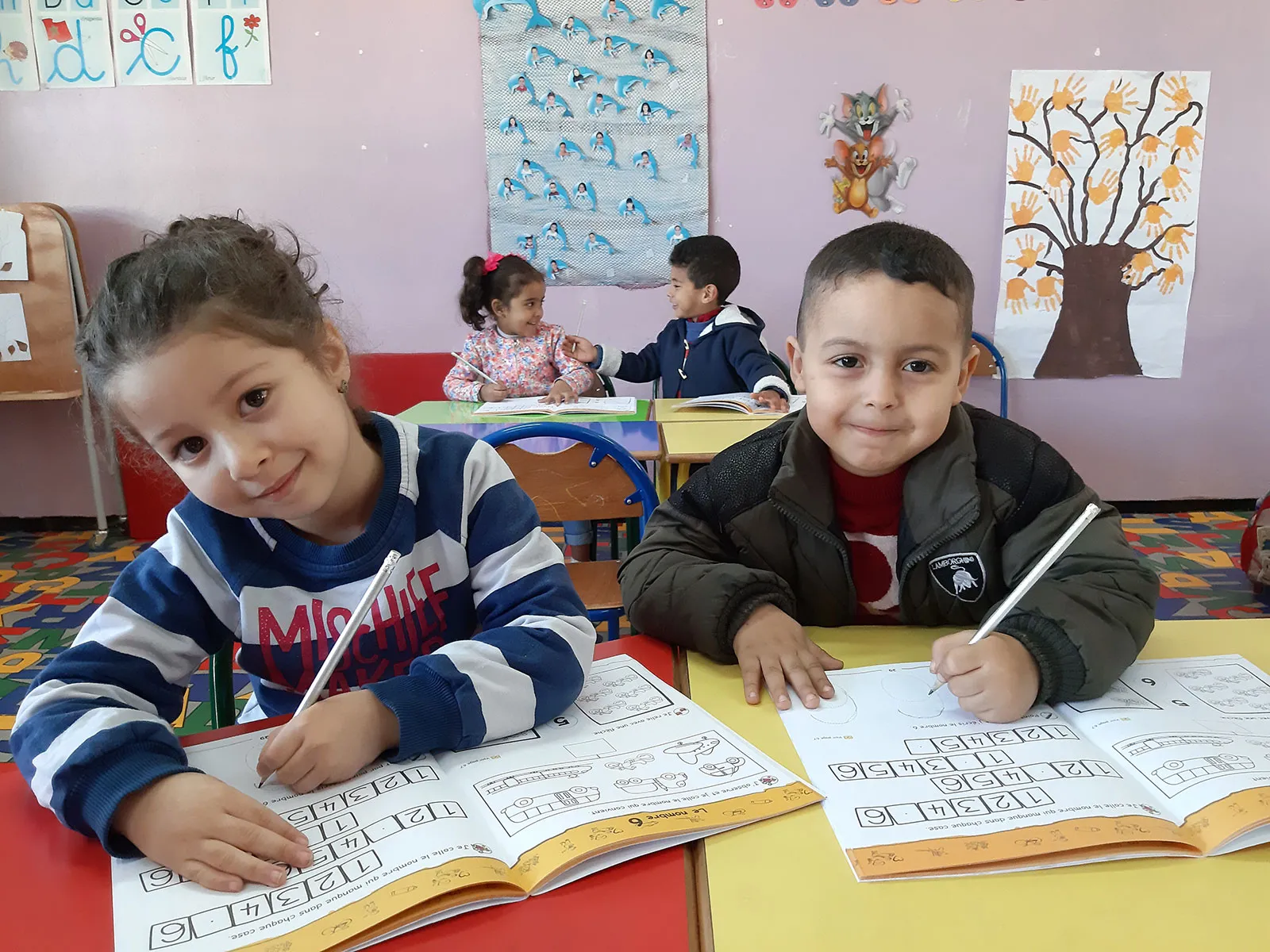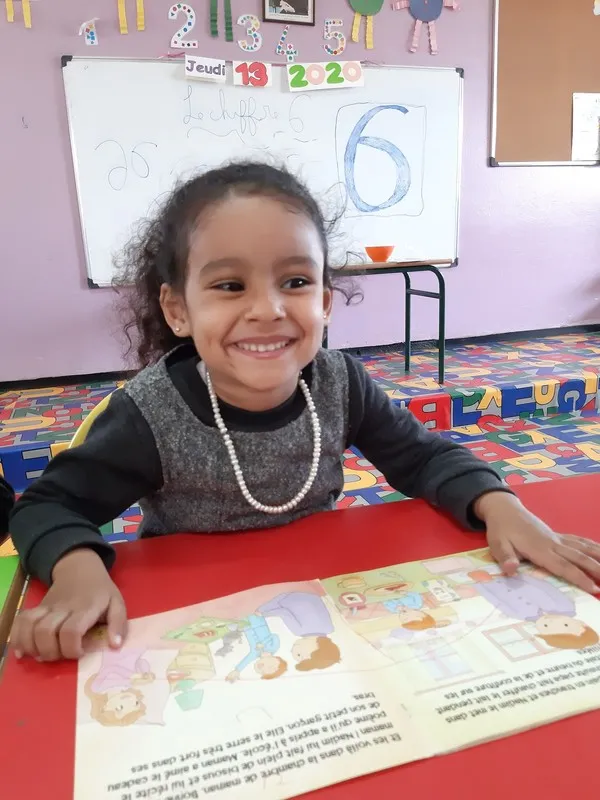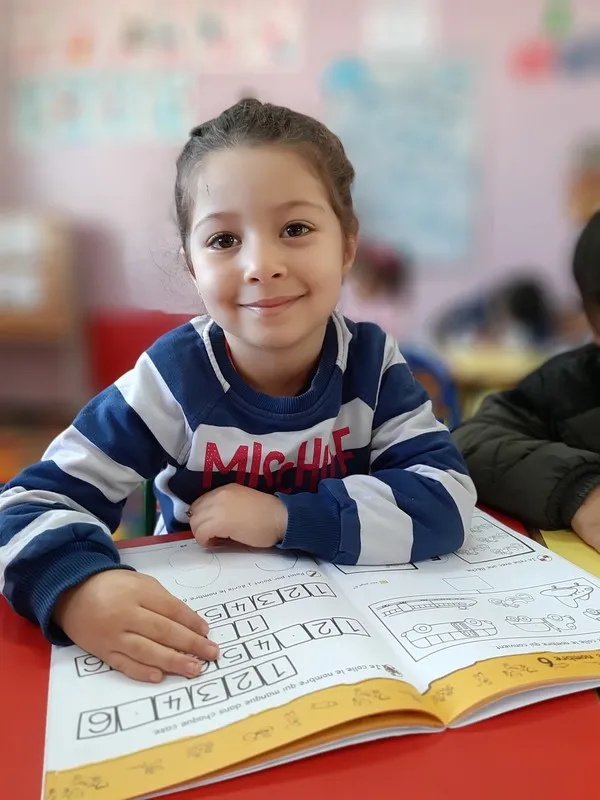SDG 4: Quality Education
In Morocco, many villages lack preschool facilities, and vulnerable families are less likely to enroll their children in school, despite the government making access to preschool education a national priority. Without adequate support or resources, parents and teachers are responsible for ensuring children in their care receive a quality education.
Khadija, the mother of a young girl, says, “When our children attended school and studied, we didn’t know why they couldn’t yet read, write or even recognize letters.” Nadia, a preschool teacher in Casablanca, also experienced frustration in her attempts to be effective in the classroom. “As an educator for children ages 3 to 6, I am responsible for supporting them on a daily basis, providing appropriate educational activities, hands-on activities and reading time,” she says. “However, each educator had their own teaching style, with different content, even within the same school districts.”
Recognizing gaps in both access and content, CARE Morocco developed Bright Horizons in 2018, an e-learning program that builds on CARE’s extensive education and advocacy experience in Casablanca and rural areas in the region. Over the past several years, CARE Morocco has worked at all school levels – especially preschool and primary – advocated with government decision-makers and supported increased knowledge and skill development for parents.
At the preschool level, CARE Morocco offers an internationally standardized, in-person training curriculum for preschool educators that substantially improves the quality of early childhood education. By providing an online option, the Bright Horizons program connects this curriculum to teachers who otherwise wouldn’t be able to access resources critical to their success.



